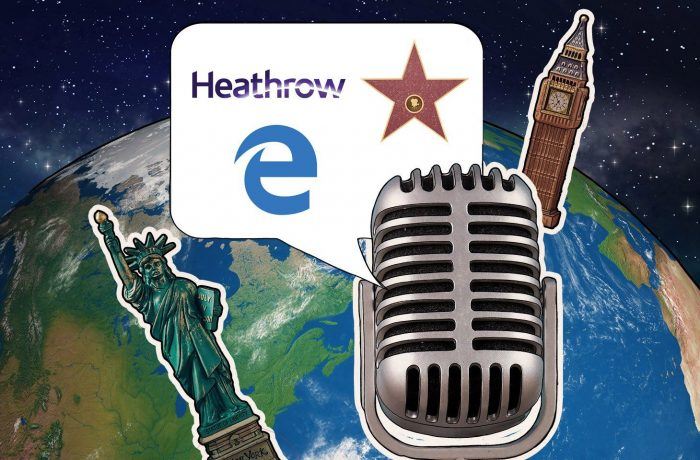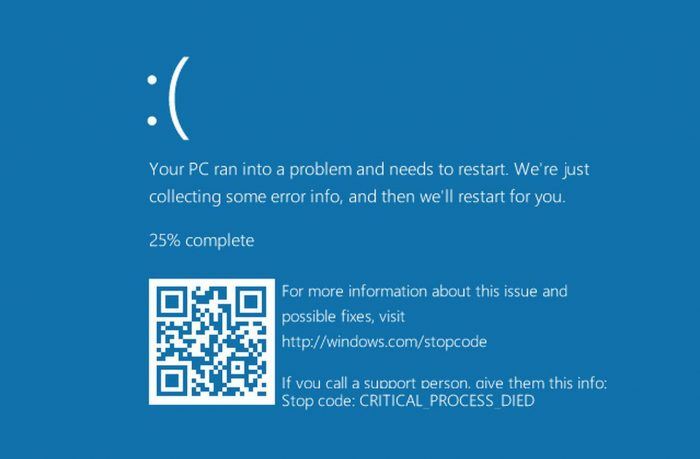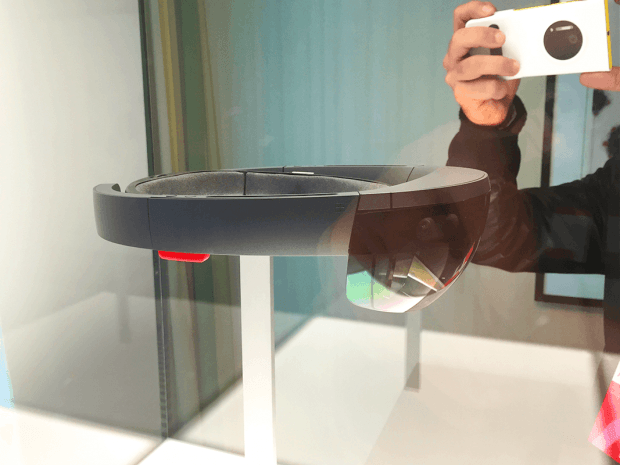
Transatlantic Cable podcast, episode 58
In this edition of the Kaspersky Lab podcast, we discuss Facebook’s Portal, chain letters on Facebook, Google+ being killed, and more.
78 articles

In this edition of the Kaspersky Lab podcast, we discuss Facebook’s Portal, chain letters on Facebook, Google+ being killed, and more.

Episode 9 of the Transatlantic Cable podcast talks about a secret USB from Heathrow, Hollywood hacked, and Microsoft using Chrome in a presentation.

Microsoft changes its approach to cybersecurity solutions in response to partner feedback

We’ve already filed a complaint against Microsoft in Russia; now we’re doing the same in Europe.

As we see from recent news, quantum computing is evolving faster than anyone could’ve expected. What does this mean for us, the average users?

Windows is in the process of rolling out new changes to the fabled BSOD (‘Blue Screen Of Death’) which could have security implications.

Microsoft dropped security support for Internet Explorer versions 8, 9, and 10 on some Microsoft platforms last week. It wasn’t sudden. There was time to get rid of it. Unfortunately, it wasn’t so easy to accomplish.

Microsoft has just patched a zeroday vulnerability in its Silverlight web multimedia technology, which was investigated by Kaspersky Lab.

Did you know that your PC can become infected by an email that you never actually read?

Since mid-October, several major software vendors have released a number of security announcements and updates, most of them serious or outward critical.

In this edition of Security Week infosec digest we’ll cover threecases of companies being hacked and data being leaked and companies reacting on the incidents.

What is the difference between real and theoretical threats?

In this post there are two seemingly unrelated pieces of news which nevertheless have one thing in common: not that somewhere someone is vulnerable, but that vulnerability sometimes arises from reluctance to take available security measures.

Since Windows 10 arrived two days ago, new security-related concerns have surfaced. First and foremost, they’re about control over the data on Windows 10-based PCs and other devices.

Among all of its promised security enhancements, Microsoft also said that updates will be performed as a “service”: Users will receive new features at no charge for the “supported lifetime” of the device it is installed on.

I gather our readers have already heard about some controversial Google Glass experiences. Now, it is time to discuss the response by Microsoft, HoloLens augmented reality system.

As part of its Project Zero security initiative, Google disclosed a few vulnerabilities in Windows, some ahead of a planned patch. Google simply adhered to its “publicize in 90 days after private vendor disclosure” policy, but where are end users’ interest in this “game of flaws”?

Security reporters Brian Donohue and Chris Brook discuss security and privacy headlines from the first few weeks of the new year.

September’s security news was dominated by three stories: the Home Depot data breach, the Apple celebrity nude photo leak scandal and the Shellshock vulnerability in Bash.

Windows XP’s longevity is fascinating – and terrifying from the security point of view. The latest survey shows it’s still around – over 16% of KSN users still use Windows XP, but it is also clear that its epoch is near the end.

In the news: Microsoft’s No-IP takedown fiasco, Chinese APT groups curious about U.S. Iraq policy, Verizon says the government wants locations data, and Microsoft denies backdoor insinuations.